Medicinal plants have been used for centuries across cultures, offering a holistic approach to healing. This article will delve into the realm of useful medicinal plants, shedding light on their benefits and how businesses can tap into this growing market. 1. Unleashing the Healing Potential: Medicinal plants are known for their various active compounds that can have therapeutic effects on the body. These plants possess a wide range of medicinal properties, including anti-inflammatory, antibacterial, antioxidant, and analgesic properties, among others.

.
 From aloe vera to turmeric, ginger to lavender, medicinal plants offer a treasure trove of natural remedies. 2. Market Potential and Consumer Demand: The global market for herbal medicines is experiencing rapid growth, driven by an increasing number of individuals seeking natural alternatives for their health needs. According to market reports, the global herbal medicine market is projected to reach a value of $130 billion by 2026, with a compound annual growth rate of over 8%. This optimistic market outlook presents a vast opportunity for businesses to meet the growing demands for medicinal plant-based products.
From aloe vera to turmeric, ginger to lavender, medicinal plants offer a treasure trove of natural remedies. 2. Market Potential and Consumer Demand: The global market for herbal medicines is experiencing rapid growth, driven by an increasing number of individuals seeking natural alternatives for their health needs. According to market reports, the global herbal medicine market is projected to reach a value of $130 billion by 2026, with a compound annual growth rate of over 8%. This optimistic market outlook presents a vast opportunity for businesses to meet the growing demands for medicinal plant-based products.
..
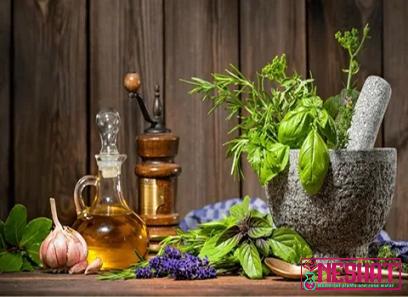 3. Business Opportunities: a. Cultivation and Processing: One way to capitalize on the medicinal plants market is by investing in cultivation and processing facilities. Establishing an organic farm or greenhouse dedicated to growing medicinal plants can ensure a consistent supply of raw materials. Processing facilities can further refine the plants into essential oils, extracts, teas, tinctures, or supplements to cater to diverse consumer preferences. b. Product Development: Businesses can create a range of products utilizing medicinal plants, tailored to specific health concerns. These could include skin care products, herbal supplements, herbal teas, infused oils, and natural cosmetics. With research-backed formulations, businesses can address niche needs and differentiate themselves in a crowded market. c. Retail and E-commerce: Establishing an online platform or brick-and-mortar store dedicated to herbal remedies can attract health-conscious consumers. A curated selection of quality medicinal plant-based products, along with knowledgeable staff or informative blogs, can build trust and establish a loyal customer base. 4. Sustainable Practices: Businesses operating in the field of medicinal plants should prioritize sustainable practices. This involves responsibly sourcing raw materials, promoting ethical harvesting techniques, supporting fair trade initiatives, and implementing eco-friendly packaging solutions. By highlighting sustainable practices, businesses can align themselves with environmentally conscious consumers and strengthen their brand reputation.
3. Business Opportunities: a. Cultivation and Processing: One way to capitalize on the medicinal plants market is by investing in cultivation and processing facilities. Establishing an organic farm or greenhouse dedicated to growing medicinal plants can ensure a consistent supply of raw materials. Processing facilities can further refine the plants into essential oils, extracts, teas, tinctures, or supplements to cater to diverse consumer preferences. b. Product Development: Businesses can create a range of products utilizing medicinal plants, tailored to specific health concerns. These could include skin care products, herbal supplements, herbal teas, infused oils, and natural cosmetics. With research-backed formulations, businesses can address niche needs and differentiate themselves in a crowded market. c. Retail and E-commerce: Establishing an online platform or brick-and-mortar store dedicated to herbal remedies can attract health-conscious consumers. A curated selection of quality medicinal plant-based products, along with knowledgeable staff or informative blogs, can build trust and establish a loyal customer base. 4. Sustainable Practices: Businesses operating in the field of medicinal plants should prioritize sustainable practices. This involves responsibly sourcing raw materials, promoting ethical harvesting techniques, supporting fair trade initiatives, and implementing eco-friendly packaging solutions. By highlighting sustainable practices, businesses can align themselves with environmentally conscious consumers and strengthen their brand reputation.
…
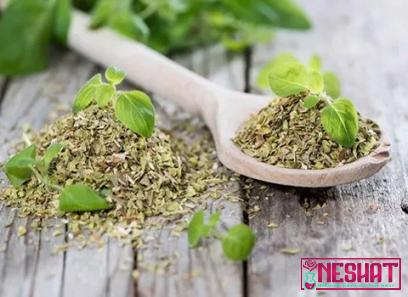 5. Regulatory Considerations: Finally, it is crucial to navigate the regulatory landscape surrounding medicinal plants. Different countries have varied regulations, so ensuring compliance with relevant authorities is essential. Additionally, conducting thorough research and utilizing reputable sources can help businesses stay updated on safety standards and avoid misleading claims. Conclusion: Harnessing the power of useful medicinal plants is not only a profitable venture but also an opportunity to provide natural and sustainable alternatives for health and well-being. As the demand for holistic and herbal remedies continues to grow, businesses can position themselves as purveyors of nature’s healing potential. By leveraging cultivation, product development, and sustainable practices, entrepreneurs can tap into the thriving market of medicinal plants, while simultaneously promoting the well-being of individuals and the planet.
5. Regulatory Considerations: Finally, it is crucial to navigate the regulatory landscape surrounding medicinal plants. Different countries have varied regulations, so ensuring compliance with relevant authorities is essential. Additionally, conducting thorough research and utilizing reputable sources can help businesses stay updated on safety standards and avoid misleading claims. Conclusion: Harnessing the power of useful medicinal plants is not only a profitable venture but also an opportunity to provide natural and sustainable alternatives for health and well-being. As the demand for holistic and herbal remedies continues to grow, businesses can position themselves as purveyors of nature’s healing potential. By leveraging cultivation, product development, and sustainable practices, entrepreneurs can tap into the thriving market of medicinal plants, while simultaneously promoting the well-being of individuals and the planet.

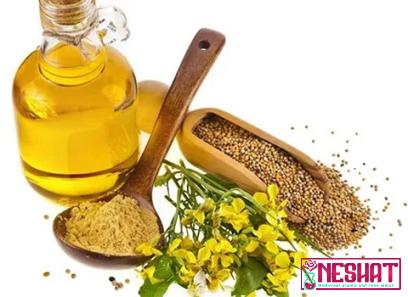
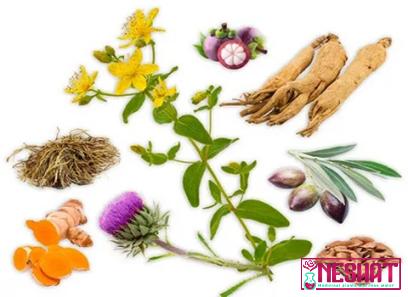

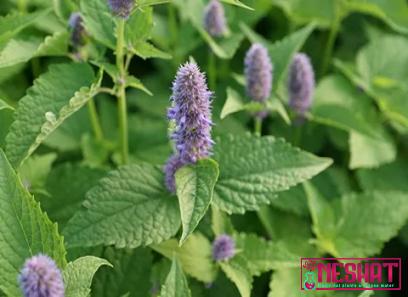

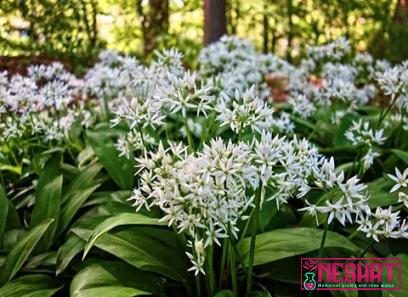



Your comment submitted.